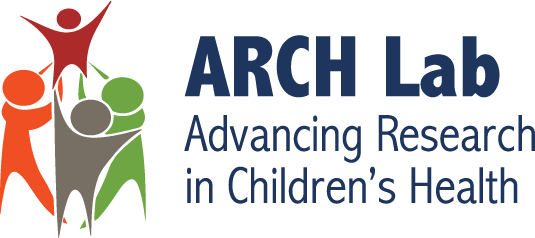The ARCH Lab recently collaborated on a study of infant emotional regulation in dyads where mothers are experiencing postpartum depression (PPD). The paper, “Follow the leader: Maternal transmission of physiological regulatory support to distressed infants in real-time” was published in the Journal of Psychopathology and Clinical Science.
Decades of evidence show that mothers provide emotional scaffolding to regulate their infants during moments of distress and that postpartum depression (PPD) can significantly disrupt this process. The aim of this study was to examine the mechanisms underlying mother-to-infant transmission of regulatory support in real-time. In 32 healthy mother-infant dyads and 26 dyads affected by PPD, respiratory sinus arrhythmia (RSA) was acquired simultaneously from mother and child. The authors examined if the influence of maternal RSA on subsequent infant RSA (measured at the next second) strengthened across the reunion phase.
Effects were examined at baseline, then 9 weeks later at a follow-up study visit. Between visits, mothers affected by PPD received 9 weeks of group cognitive behavioral therapy. Among healthy dyads, maternal RSA influenced subsequent decreases in infant RSA, an effect that strengthened across the reunion at both baseline and follow-up visits. In the PPD dyads, this same pattern was also observed, but only at the follow-up visit. Therefore, while mother-to-infant RSA influence patterns differed between healthy and PPD dyads at baseline, the same pattern was observed in both groups at follow-up. This study provides novel evidence for a mechanism that may explain how mothers actively transmit regulatory support to their distressed infants in real-time.






